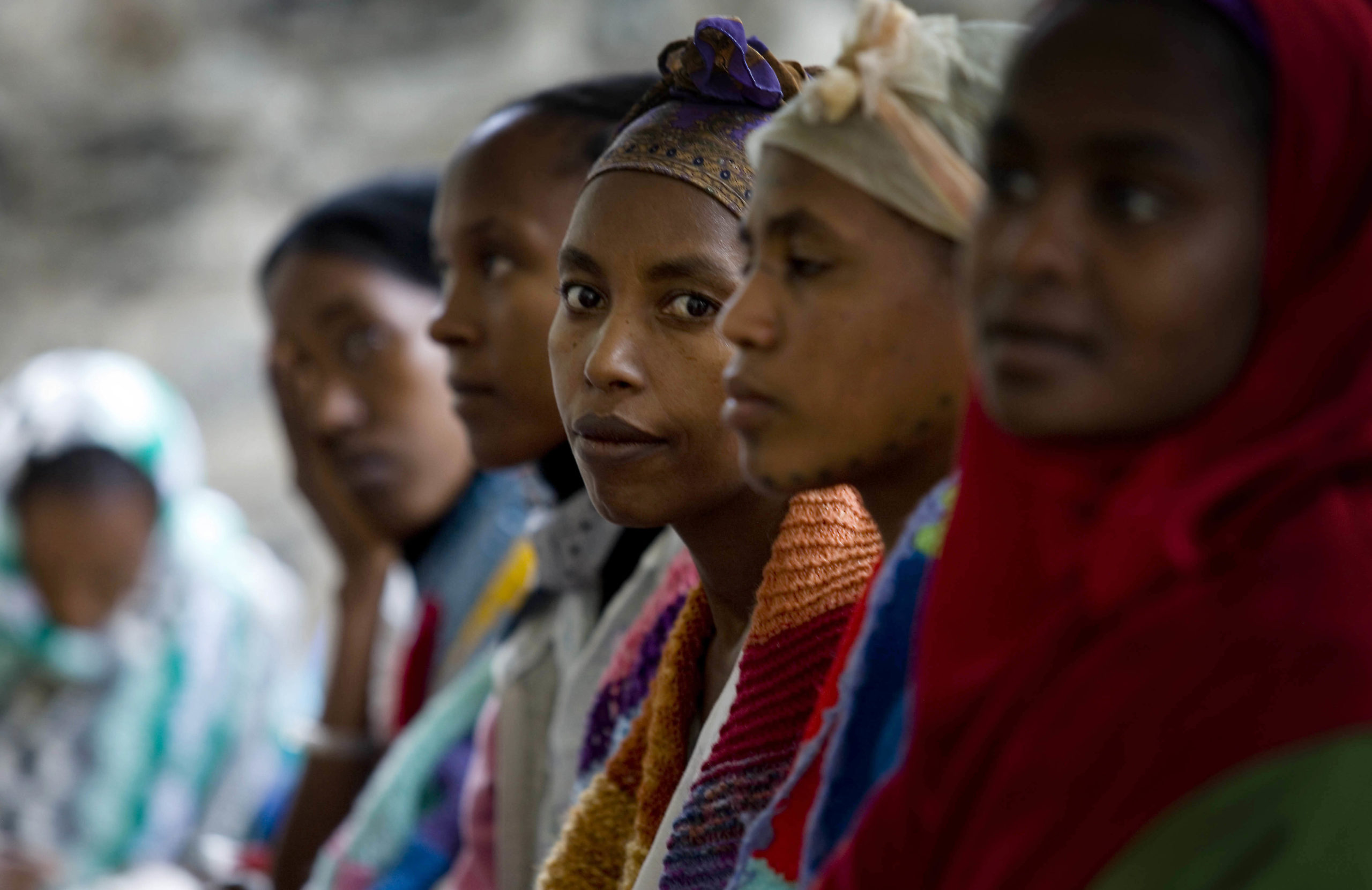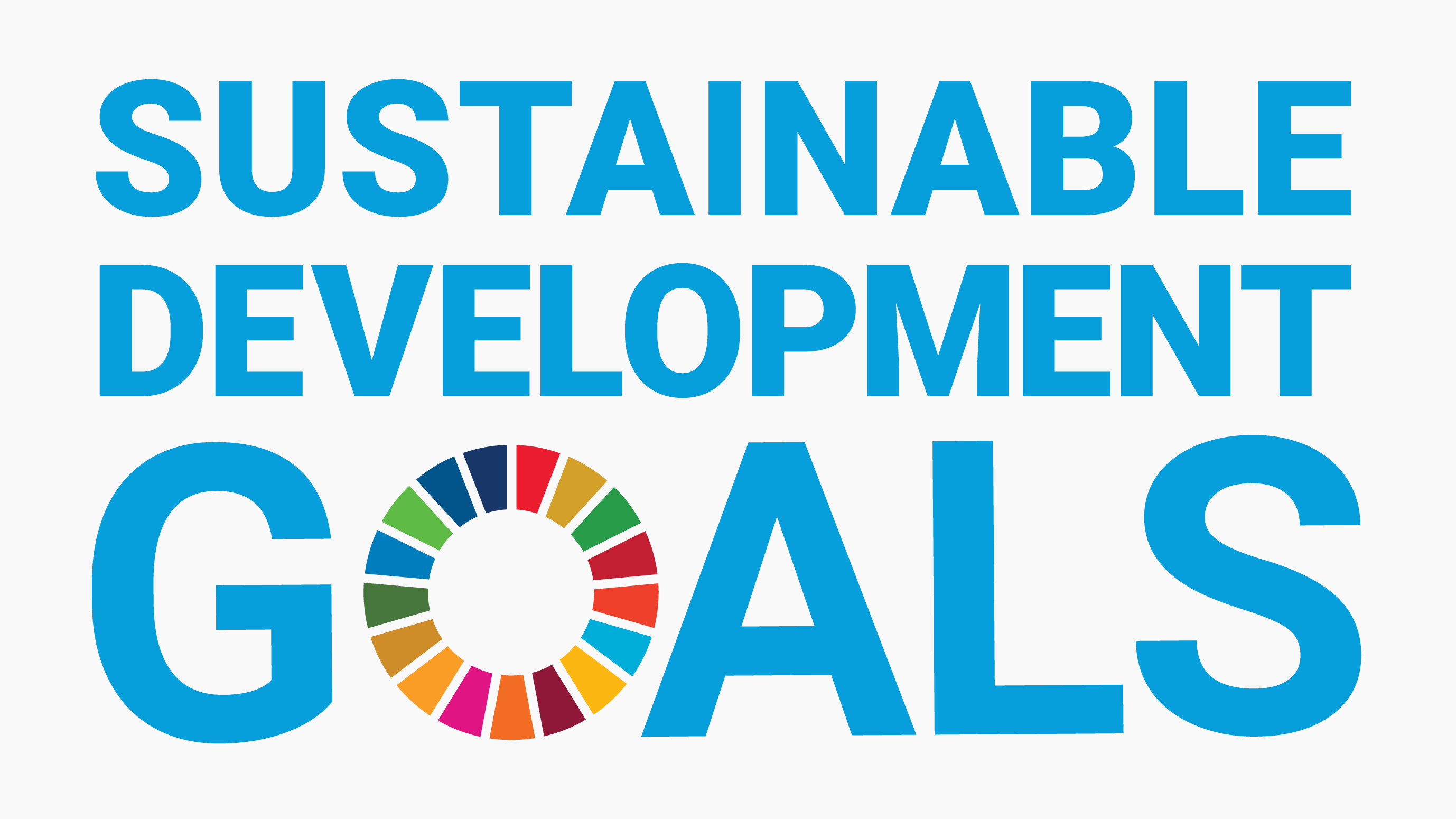The safety of African women in the peace process - two cases in point: Burundi and Liberia

A recent study shows that if women actively participate in conflict resolution, peace can last.
In peace talks, if women participate as representatives of power, the quality of the peach negotiated is often higher. Women are at the negotiating table not to settle old accounts, but to achieve sincere reconciliation. What women hope to rebuild are clinics to treat diseases, schools to teach, and agriculture to feed the villagers. The compensation women want is compensation that is beneficial to society. To build a lasting peace, everyone’s participation is needed. In most countries, women account for at least 50% of the total population. They are most affected by conflicts. They need the opportunities to put forward their own needs and key concerns, and appropriately reflect these needs in the peace talks.
In the African peace process, women have become a non-violent force to achieve peace. Women have played an important role in the construction of peace and safeguarded their own security. Analyzing the impact of the civil wars in Burundi and Liberia on women, the role of women in the process of ending the civil war, and the role and challenges faced by women in post-war reconstruction, we can find that Burundi and Liberian women are the main victims of the two civil wars. They have played an indispensable and decisive role in the realization of peace. In the decision-making field, including parliament and government departments, Burundian women have occupied an important position, with more than 30% of them. The proportion of Liberian women in parliament is still very low, but the proportion of them in government ministries has reached 30%. Women in both countries have developed to a certain extent in non-governmental organizations and play an active role in the construction of peace.
However, women’s high participation rate in decision-making is not based on the extensive political participation of grassroots women, and poor grassroots women’s participation is not high. Compared with the positive pyramid of the number of women, the level of women’s participation in politics in Burundi is in an inverted pyramid structure, and the higher the level, the greater the proportion. This is the opposite of the “glass ceiling” phenomenon faced by women in western countries where the level of grassroots participation in politics is high, and the higher the position, the fewer the women. It is real, visible and tangible, and it is already at the feet of women leaders who participate in decision-making, but still above the heads of ordinary women. Burundi has “achieved” gender mainstreaming in the high-level and decision-making fields, but there is still a long way to go to achieve universal gender equality. Similar problems exist in Liberia, and there is a sharp contrast between the outstanding achievements of Liberian elite women and the growing “feeling of neglect” among lower-class women.
At the same time, the economic and social development levels of both countries are relatively low. Women still have not achieved equal rights with men in education, medical and health care, social security, family status, land rights, etc. The maternal death rate and the teenager birth rate remain high. Just as mentioned earlier, the high rate of labour market participation of Burundian women of 83.7% does not necessarily lead to the improvement of economic status and the realization of gender equality. Women face a serious double burden of social and domestic work. Women in both countries still face problems and challenges, with poverty, violence and inequality in traditional cultural practices seriously affecting their daily life. Development is a top priority for both countries and women in the two countries. Of course, without a gender perspective, development does not necessarily lead to equal development for men and women, and gender mainstreaming is of paramount importance in the development policies of both countries.
Gender equality is not only a fundamental human right but also an essential foundation for a peaceful, prosperous and sustainable society. We will continue to summarize the world’s best examples of women’s empowerment and leadership, providing lessons for countries and regions that need them.
About Us
Institute of International Exchange is an international non-governmental and non-profit organization. We hope to build an equal and friendly platform for exchanges and cooperation around the world.
© 2023 Institute of International Exchange




